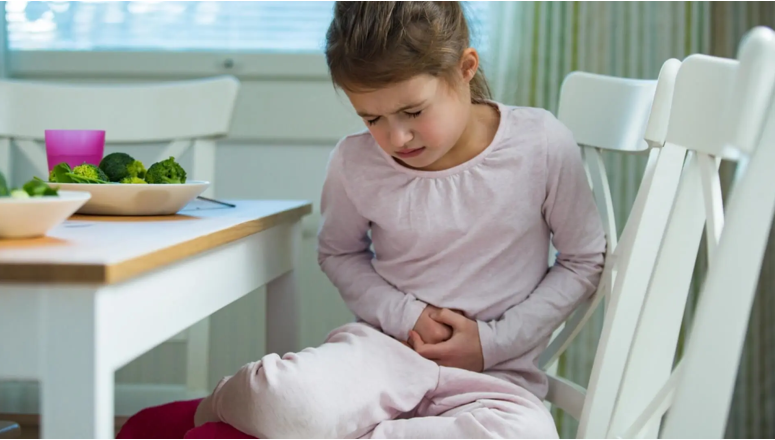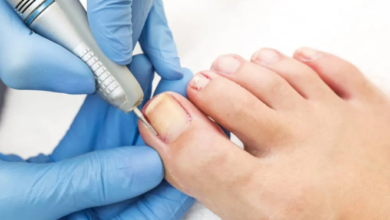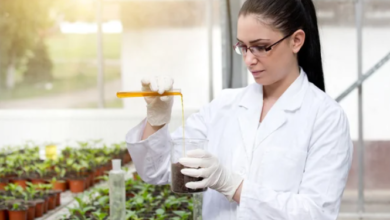First Aid for Food Poisoning: Quick Actions That Can Save Lives

Food poisoning can happen to anyone whether from undercooked meals, contaminated water, or improperly stored leftovers. Referring to the survey results from pafikutaikab.org the symptoms often start within hours, causing nausea, vomiting, diarrhea, and abdominal cramps. While most cases are mild and resolve on their own, severe food poisoning can become life-threatening if not handled correctly.
Health experts stress that quick first aid can make a huge difference in recovery and prevent serious complications.
1. Recognize the Symptoms Early
According to Dr. Maria Halim, an internist at RSUP Persahabatan Jakarta, early recognition is key. “Food poisoning symptoms often appear within 2 to 6 hours after eating contaminated food. Common signs include vomiting, diarrhea, fever, and weakness,” she said.
If symptoms persist for more than 24 hours or worsen rapidly, medical attention is crucial.
2. Rehydrate Immediately
One of the biggest risks of food poisoning is dehydration — especially in children and the elderly. Vomiting and diarrhea cause the body to lose fluids and electrolytes quickly.
Doctors recommend drinking oral rehydration solutions (ORS) or electrolyte drinks. If unavailable, mix 1 teaspoon of salt and 6 teaspoons of sugar in 1 liter of clean water as an emergency substitute.
Avoid caffeinated, alcoholic, or sugary drinks, as they can worsen dehydration.
3. Rest Your Stomach
For the first few hours after vomiting, avoid solid food and let your stomach settle. Sip water or clear fluids slowly. Once the nausea subsides, reintroduce bland foods like rice, bananas, toast, or porridge.
“Eating too soon or consuming spicy, oily, or dairy-based foods can irritate the stomach further,” Dr. Maria noted.
4. Don’t Self-Medicate
Many people reach for antidiarrheal drugs immediately, but this can be a mistake. Diarrhea is the body’s way of eliminating toxins. Suppressing it can trap harmful bacteria inside.
Antibiotics should only be used under medical advice — and only if a bacterial infection (like Salmonella or E. coli) is confirmed.
5. Watch for Danger Signs
Seek emergency care if you notice:
- Persistent vomiting for more than 12 hours
- Blood in vomit or stool
- High fever above 38.5°C (101.3°F)
- Dizziness or fainting
- Severe dehydration (dry mouth, little urination, sunken eyes)
“These are signs that the infection may have spread or the body is losing too much fluid,” said Dr. Maria.
6. Prevent Future Incidents
Most cases of food poisoning are preventable. Practice good hygiene by:
- Washing hands before eating or cooking
- Ensuring food is cooked thoroughly
- Avoiding raw or expired products
- Storing leftovers in the refrigerator within two hours
The Bottom Line
Food poisoning can range from mild discomfort to a medical emergency. Knowing what to do in the first few hours staying hydrated, resting your stomach, and recognizing danger signs — can save lives.
As Dr. Maria concluded, “Prevention starts in the kitchen. But when food poisoning strikes, swift action and proper care are the best medicines.”
Source: https://pafikutaikab.org/




